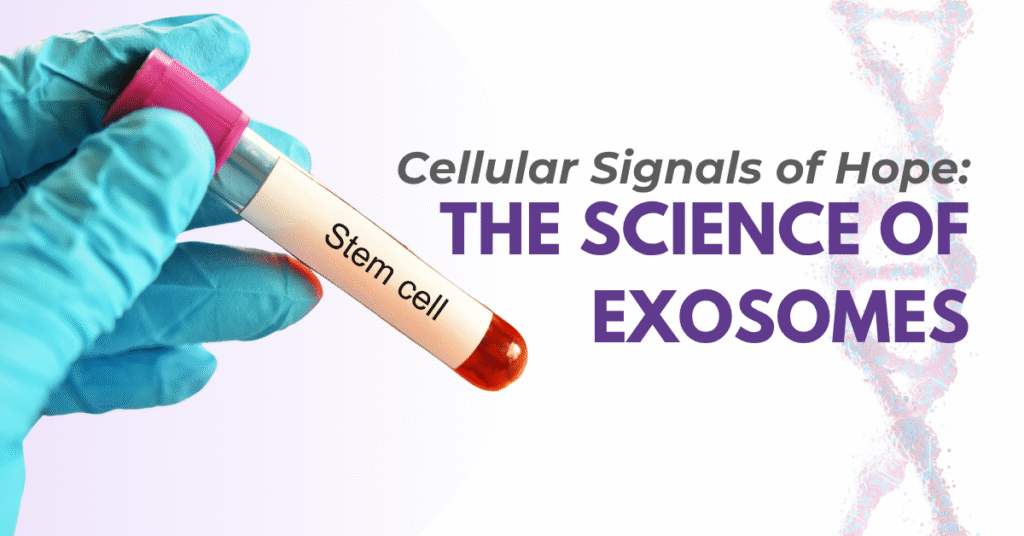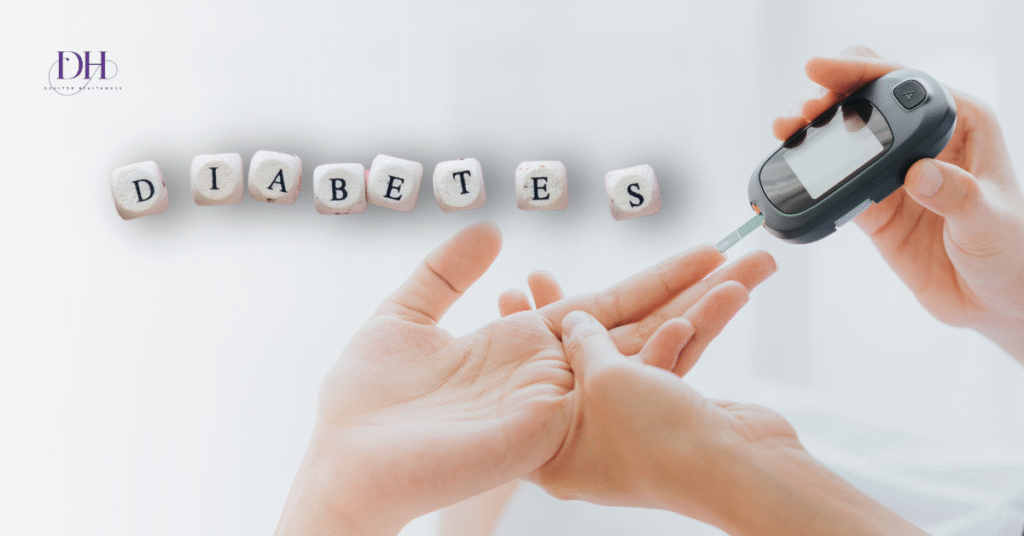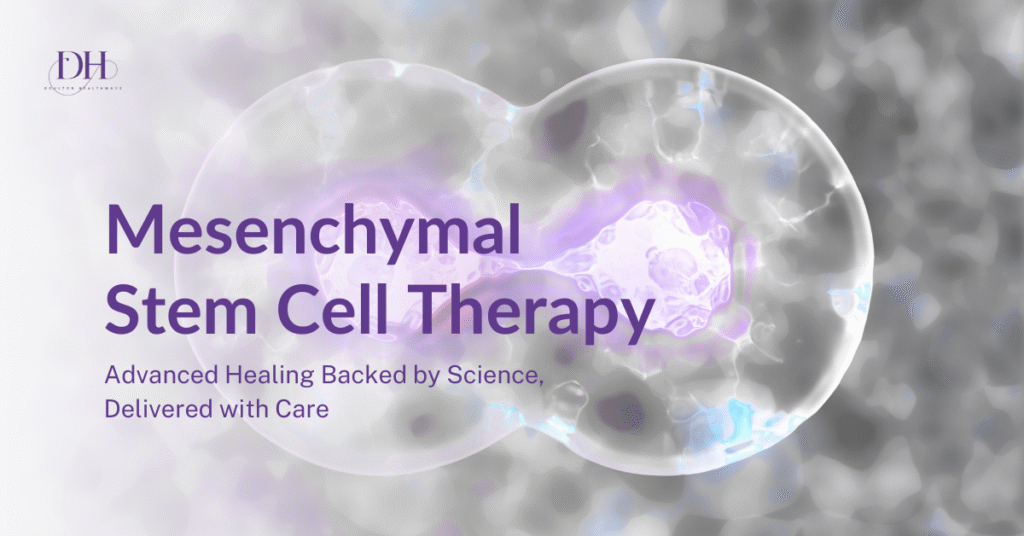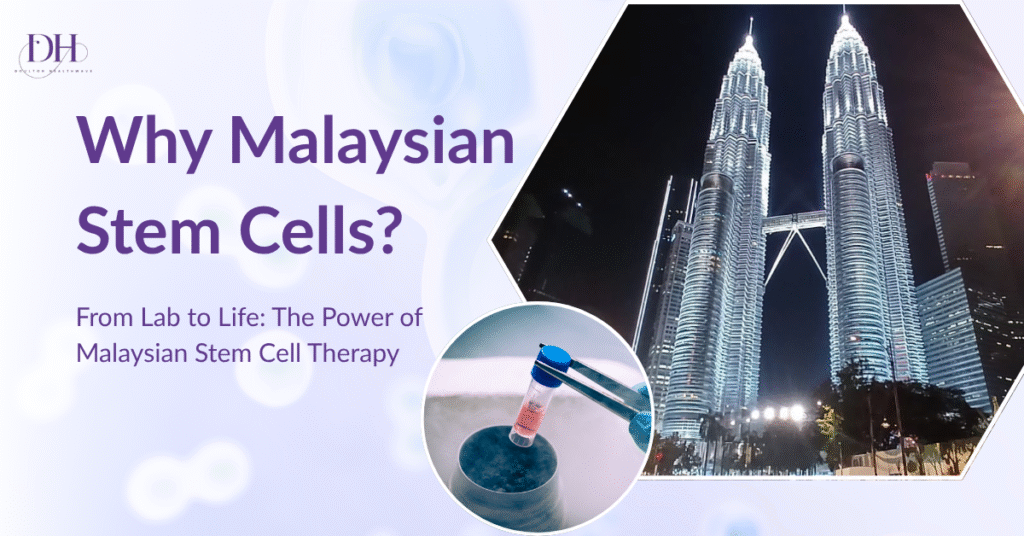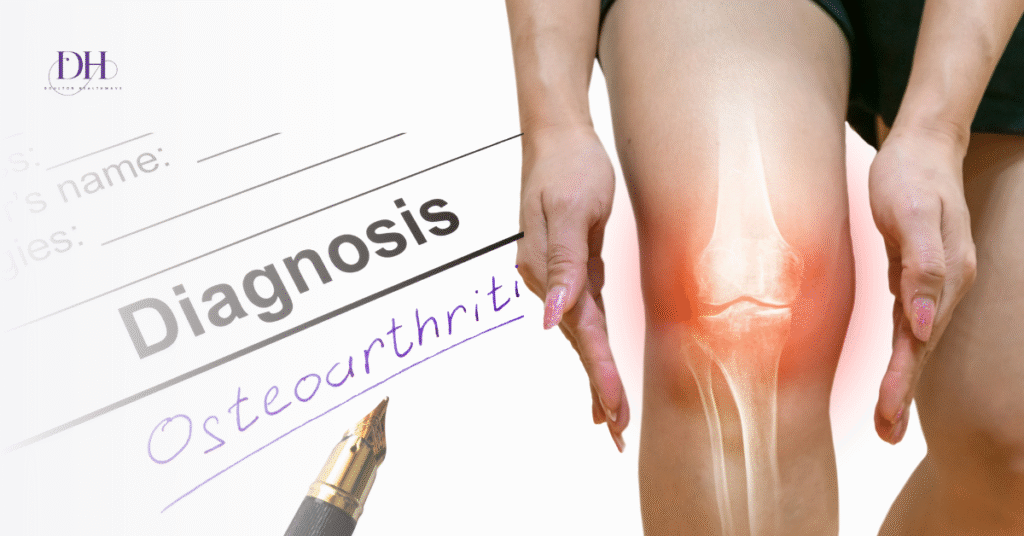
Joint Pain Ends Here With Stem Cells
Imagine waking up and moving without pain. For millions of people suffering from chronic joint pain and osteoarthritis, every step, bend, or twist is a reminder of the wear and tear their body has endured. Pills offer only temporary comfort. Surgery comes with risks and long recovery. But what if the answer has been inside us all along—in the powerful stem cells found in umbilical cords?
Welcome to UC-MSC Therapy, a regenerative medical solution using Wharton’s Jelly-derived mesenchymal stem cells (UC-MSCs) that’s helping people regain their lives naturally, ethically, and effectively.
In this in-depth guide, we’ll explore how this science-backed therapy is becoming a go-to solution for joint regeneration, pain relief, and inflammation control.
How UC-MSC Therapy Works for Osteoarthritis and Joint Pain
Joint pain, whether due to osteoarthritis, injury, or autoimmune inflammation, usually stems from cartilage breakdown, chronic inflammation, and immune dysfunction. Traditional treatments like NSAIDs, steroids, and joint replacement address symptoms but not root causes.
UC-MSCs offer a new path—one that goes deeper than masking pain.
Here’s how the process works:
- Targeted Healing: UC-MSCs naturally home in on damaged tissues, releasing healing molecules where they’re needed.
- Cartilage Regeneration: They stimulate the body’s own repair process by boosting production of collagen, proteoglycans, and hyaluronic acid—key components of cartilage.
- Immune System Modulation: They rebalance immune response, slowing the autoimmune damage in osteoarthritis or rheumatoid arthritis.
- Pain Signal Reduction: By improving the joint microenvironment, pain receptors become less reactive, reducing daily discomfort.
Why Wharton’s Jelly Stem Cells Are the Gold Standard
Not all stem cells are created equal. The origin of stem cells matters—and here’s why Wharton’s Jelly leads the pack. Compared to bone marrow or fat-derived MSCs:
- Faster proliferation rate—they multiply and activate faster
- Youthful state—collected at birth, these cells haven’t been damaged by age or illness
- No invasive harvest—donor isn’t harmed, and the umbilical cord is usually discarded after birth
- Higher expression of regenerative markers—meaning greater healing capacity
In simple terms: Wharton’s Jelly stem cells are purer, younger, and more powerful.
12 Powerful Benefits of UC-MSC Therapy for Joint Health
- Regenerates damaged cartilage
- Reduces joint inflammation
- Calms chronic pain
- Improves mobility and flexibility
- Delays or avoids joint replacement surgery
- Reduces dependence on pain medications
- Offers longer-lasting relief than steroid shots
- Doesn’t require donor matching
- Has minimal side effects
- Ethically sourced without harming baby or mother
- Works well with physical therapy or other treatments
- Can be administered without hospitalization
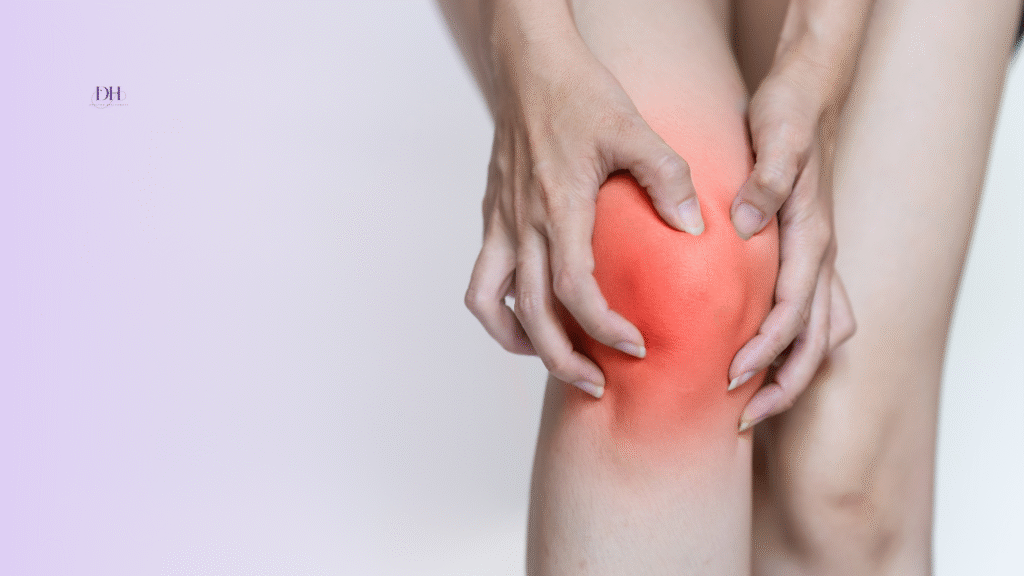
Real Science, Real Results: UC-MSC Clinical Studies
Science backs UC-MSC Therapy for joint pain and osteoarthritis.
- A 2022 study published in Frontiers in Pharmacology found that UC-MSC injections improved pain scores and function in osteoarthritis patients for over 12 months. (Read Study)
- Research in Stem Cell Research & Therapy (2021) showed MRI evidence of cartilage regeneration and decreased inflammation markers. (Read Study)
- In a 2023 trial published in Scientific Reports, patients reported significantly improved joint flexibility and mobility after three months of UC-MSC therapy. (Read Study)
Who Should Consider UC-MSC Therapy?
UC-MSC Therapy is ideal for those who:
- Suffer from knee, hip, shoulder, or spine pain due to osteoarthritis
- Have chronic joint inflammation not responding to medications
- Are trying to delay or avoid joint surgery
- Are athletes recovering from injuries
- Are seniors seeking non-surgical options
- Have autoimmune-related joint degeneration
Whether your pain is recent or long-term, this therapy may offer a solution that supports your body in healing from within.
How the Treatment Is Given
Most UC-MSC treatments are outpatient, safe, and quick.
Two Common Delivery Methods:
- IV Infusion: UC-MSCs are delivered systemically, helping with whole-body inflammation and joint support.
- Joint Injection (Intra-articular): For more focused treatment, stem cells are injected directly into the painful joint(e.g., knee, hip).
Procedures typically take under 60 minutes, involve minimal discomfort, and don’t require an overnight stay.
A Global, Translatable Solution: UC‑MSC Therapy Across Continents
UC‑MSC Therapy is not just a regional innovation—it’s a global healthcare breakthrough. Clinics across Asia, Europe, the Middle East, and Oceania are now integrating Wharton’s Jelly-derived Mesenchymal Stem Cell Therapy into their regenerative treatment programs, making it accessible to international patients seeking advanced solutions for chronic pain, inflammation, and joint degeneration.
Top destinations offering UC‑MSC Therapy include:
- Malaysia – A leading hub in Southeast Asia for medical tourism, known for its JCI-accredited hospitals, English-speaking staff, and ethical, science-backed stem cell therapies.
- Thailand – Combines holistic healing environments with advanced regenerative treatment centers for arthritis, joint pain, and spine conditions.
- South Korea – Pioneering clinical trials and government-backed stem cell research have positioned Korea as a destination for biotech excellence.
- Germany – Offers UC‑MSC Therapy under strict EU medical regulations and often combines it with orthopedic rehab for joint and cartilage repair.
- Turkey – With fast-growing stem cell clinics, Turkey attracts international patients with affordable yet regulated treatments.
- United Arab Emirates (UAE) – Boasts luxury wellness and stem cell centers, especially in Dubai, catering to high-end medical tourists.
- Australia – Home to several TGA-approved stem cell research centers working on musculoskeletal and immune conditions.
- Japan – One of the first countries to legislate regenerative medicine, offering cutting-edge, clinically validated UC‑MSC Therapy options.
- Vietnam – Rapidly advancing in medical tourism, with partnerships across Asia to offer affordable, ethical UC‑MSC applications.
Multilingual Access & Global Protocols
Top clinics now offer support in Korean, Japanese, Chinese, Vietnamese, and German, ensuring smoother consultations and aftercare. Thanks to globally standardized medical protocols, patients can expect:
- Clear, translated pre-treatment instructions – Patients receive written and verbal guides in their preferred language.
- International coordination with referring physicians – Seamless handover of lab tests, imaging, and medical history from your home doctor to the clinic.
- Post-treatment monitoring via telehealth – Continued support through Zoom or secure health apps in your native language.
- Cross-border clinical documentation access – Digitized and cloud-based records are accessible anytime,
- Cultural sensitivity and informed consent practices – Staff are trained in handling cross-cultural ethics and ensuring fully informed medical decisions.
Why Patients Choose UC‑MSC Therapy Abroad
Seeking UC‑MSC Therapy abroad is becoming increasingly popular among patients worldwide due to its advanced medical offerings and patient-centric service. Leading destinations like Malaysia, South Korea, Thailand, Germany, and the UAE have rapidly grown into regenerative medicine hubs.
- Affordable High-Quality Care – Get world-class UC‑MSC Therapy at a fraction of Western hospital prices.
- Accredited Facilities – Many hospitals abroad are internationally accredited and follow strict global health standards.
- Minimal Wait Times – Unlike in some countries, treatment can begin shortly after your initial consultation.
- Integrated Medical Tourism – Travel, recovery accommodations, and healthcare are often bundled together.
- Multilingual Medical Teams – Clinics employ interpreters and multilingual staff to ease every step.
Why Choose Doulton Healthwave?
We’re more than a connector—we’re a wellness advocate. Doulton Healthwave ensures patients receive treatment in ethically licensed clinics, with transparent pre-care and post-care guidance, and a focus on long-term well-being, not short-term fixes.
FAQs: UC-MSC Therapy for Joint Pain
Disclaimer: This article is intended for educational purposes only. All information presented is based on peer-reviewed scientific studies, published clinical trials, and current medical literature. UC‑MSC Therapy outcomes may vary by individual, and it is not a substitute for personalized medical advice. Always consult with a licensed healthcare provider before beginning any regenerative treatment. This article is intended for educational purposes only. All information presented is based on peer-reviewed scientific studies, published clinical trials, and current medical literature. UC‑MSC Therapy outcomes may vary by individual, and it is not a substitute for personalized medical advice. Always consult with a licensed healthcare provider before beginning any regenerative treatment.


